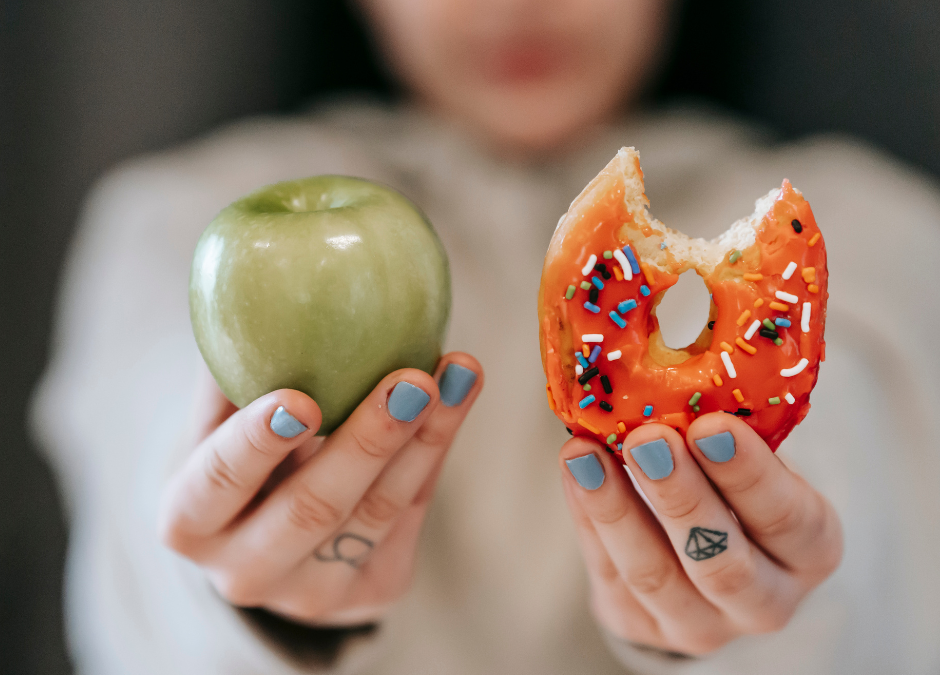Think of a habit or pattern you have been stuck in and not been able to turn around. We all have nonproductive habits and patterns that sabotage our health, happiness, and harmony.
How do we gain more willpower to sustain change in our behavior, thoughts, and lifestyle choices? Does it take willpower or power of the will?
Will: The inner motivation to be in control of one’s life
Will Power:
- The ability to say yes or no, mean it, and keep our word (to ourselves and others).
- Allows one to carry out change.
- Willpower is a very strong determination to do something. (Vocabulary.com)
Active Will: Taking the steps to MAKE IT HAPPEN
The key to increasing willpower is to tie the new behavior to something that matters to us in terms of importance. When we link our values to a change we want to make, we will feel more willpower and reduce the internal barriers that sabotage our desire to be consistent and follow through with the new behavior. Internal barriers include procrastination, distraction, busyness, and rationalization of the internal dialogue.
Example: Smokers know they “should” quit smoking because they know it is bad for their health. How can they gain the willpower to follow through on smoking cessation?
Example: Adopting a desired dietary change that will create a positive impact on one’s health and well-being. How can they gain the willpower to consistently follow through with their new eating plan as a lifestyle choice?
What may bring a sense of inspiration to turn around a habit or the determination to commit to making the change (aka willpower) can happen when we link our new behavior to a value that has a high priority for pleasure:
- Being active with our partner, kids, or grandchildren. (Value for family and relationships)
- Having the energy to hike and play pickleball with friends. (Value for nature, fitness, and meaningful connection with others)
- Having the stamina to travel and resources to visit new places. (Explore and experience new landscapes)
- Reducing health symptoms related to poor dietary patterns. (Feeling lighter or enhancing self-image with weight loss, reducing inflammation, relief of GI symptoms, or supporting healthy aging)
When these pleasurable activities are prioritized their underlying values are like fuel on the fire for internal motivation. The fun/pleasure factor increases motivation with less effort than something not linked to pleasure. Making a change because we “should” do it will not create a sustainable lifestyle pattern change. Embedding values in our “why” to make the change will seduce our desire so we “want” to make the change.
The old habit or behavior we want to change may unconsciously be providing a sense of pleasure or benefit in some way that is worth exploring for ourselves. The hidden gain from the old habit is the reward that keeps us stuck in the habit. It’s important to inspire pleasure through personal values to fuel willpower when making a change so we can consciously connect to the reward from our new habit.
Active Will: the execution of our willpower is where the rubber meets the road for walking change into our life.
Active will is supported when we are clear about our readiness to make the change. Stepping out of contemplation where we are just thinking about it into a state where we are ready to take the steps toward change.
Our personal values highlight why making the change is important. We can ask ourselves “Why does making this behavior change matter?” Or “What’s in it for me?”
When we are ready to change, we can tap into our willpower to put the plan together.
The plan will support our active will to follow through with steps toward the new habit.
Active will is supported with a simple, specific, measurable plan that we engage in that is behavior-based. Meaning active will happens when we are taking steps determinatively toward the new behavior. Success builds on success and with a plan that supports our willpower we can find our will to stay the course in “power of our will” to re-wire a new habit or pattern for our lifestyle.


Recent Comments